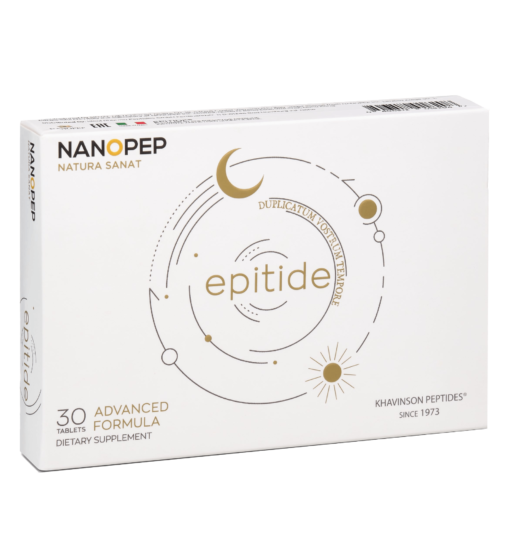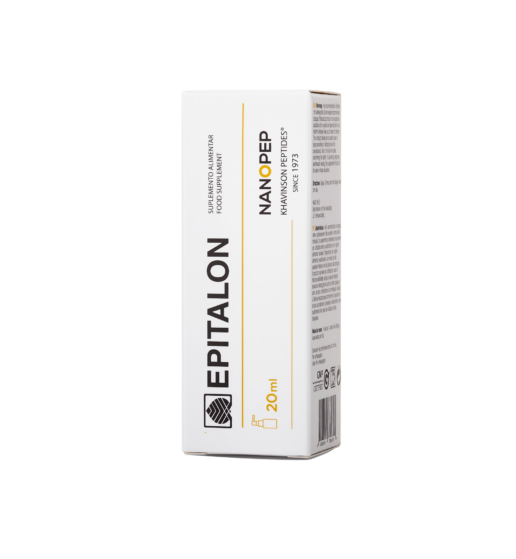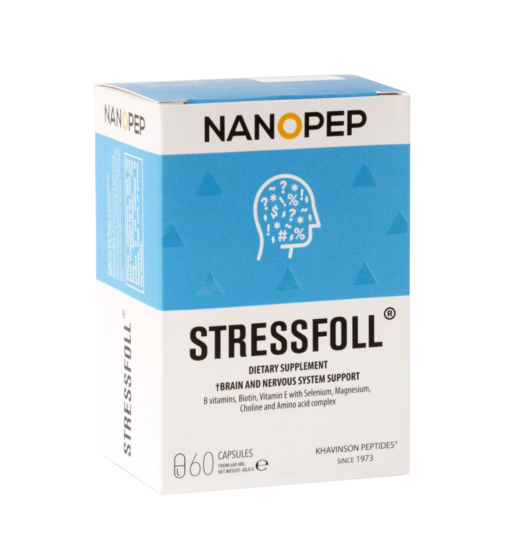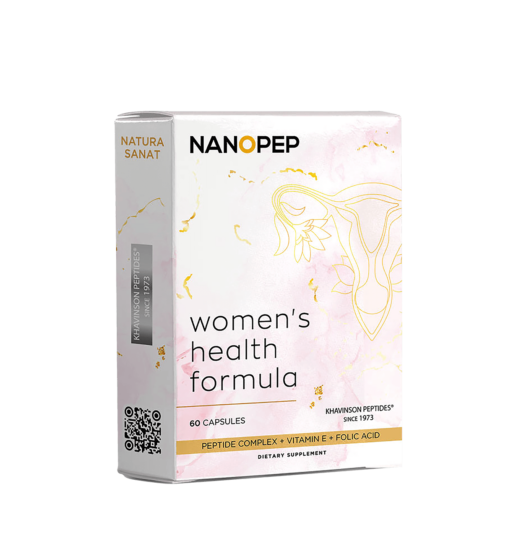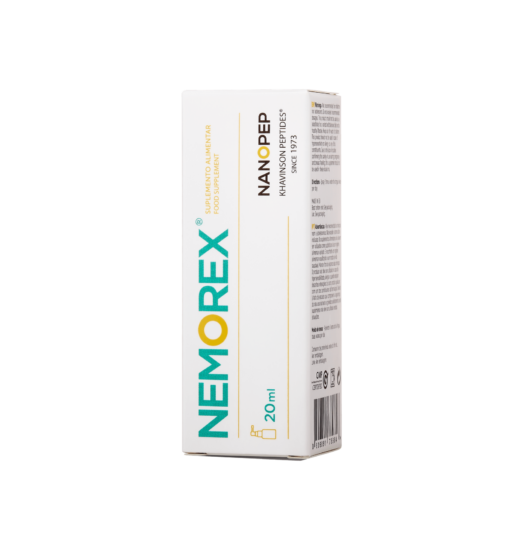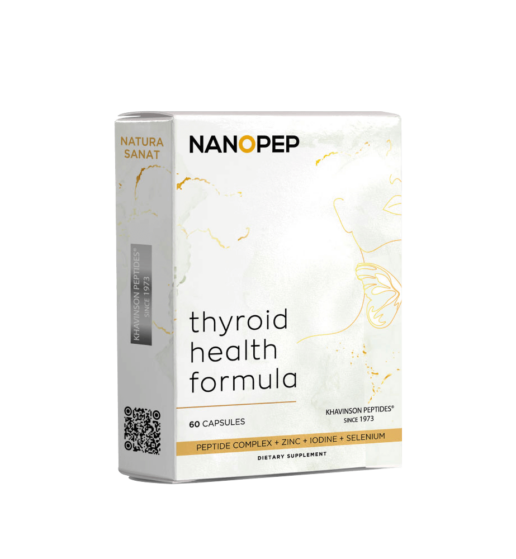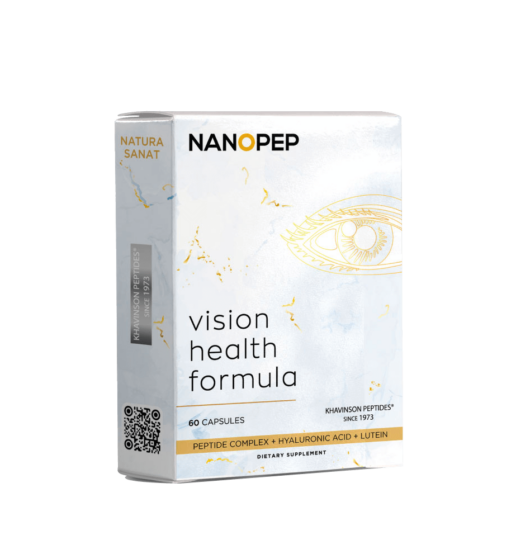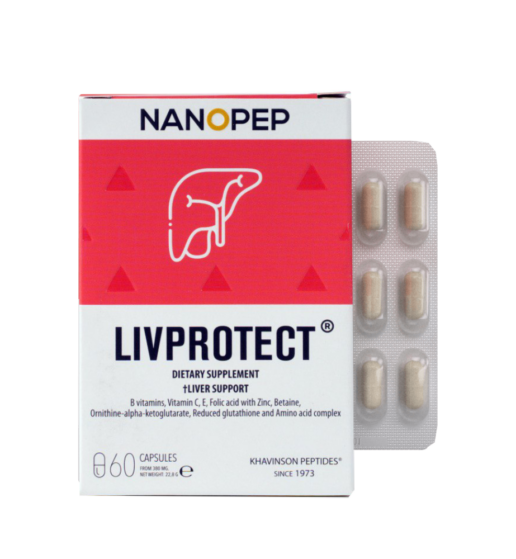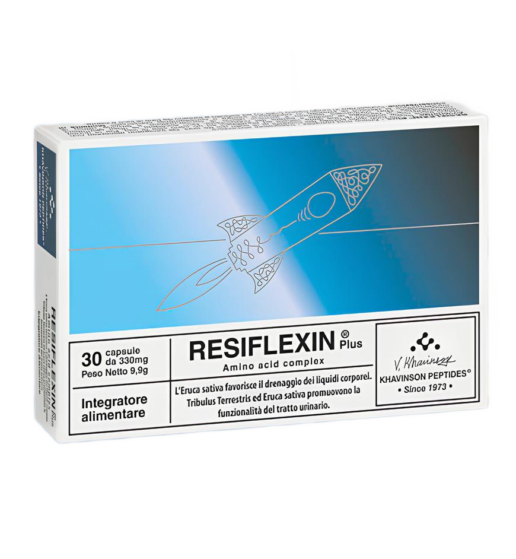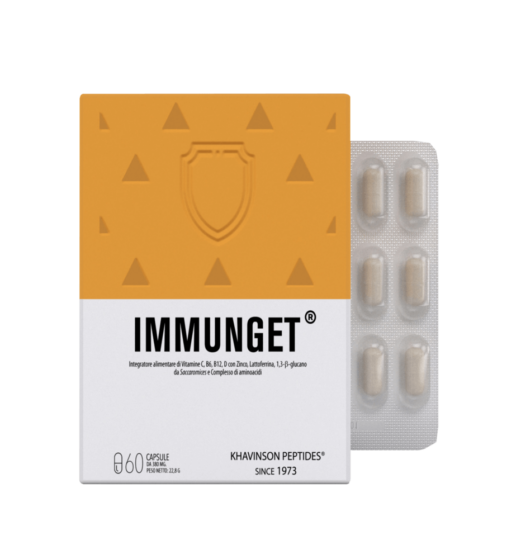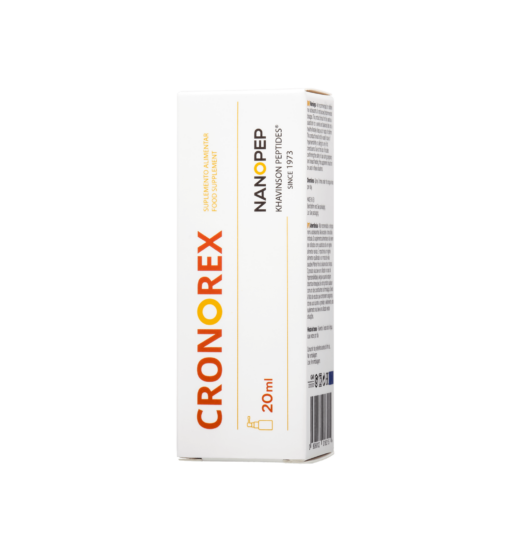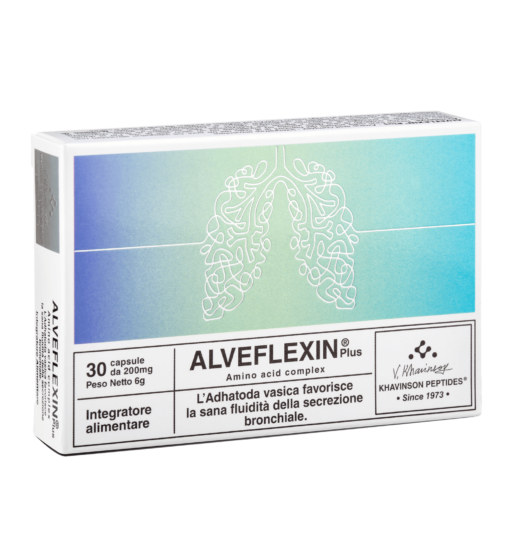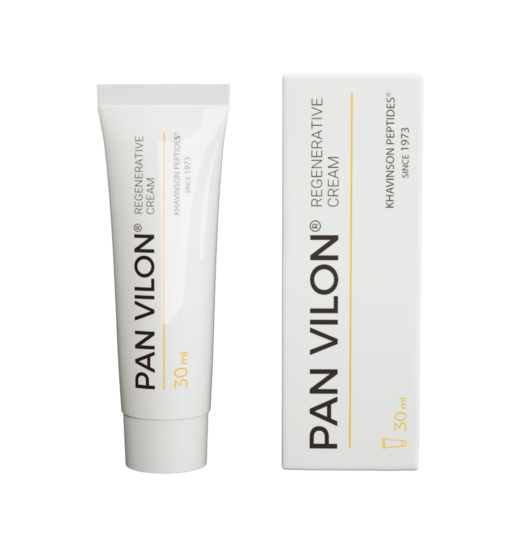
Unleash your healing power with peptides: how to use the magic of peptides for optimal health
Peptide bioregulators have emerged as a promising solution to common health problems, offering numerous benefits. These small chains of amino acids function as signaling molecules, orchestrating complex biological processes that can support hormonal balance, enhance tissue repair, and bolster the immune system. As scientific understanding of peptides expands, their therapeutic potential continues to grow, making them a focal point of interest for both researchers and healthcare professionals.
The magic of peptides
 Peptides are short chains of amino acids that act as signaling molecules in the body. Unlike individual amino acids, peptides can interact directly with specific receptors on cells, triggering a cascade of biological responses. This unique ability to communicate with the body’s systems allows peptides to influence various functions, from hormone regulation to immune response and tissue regeneration.
Peptides are short chains of amino acids that act as signaling molecules in the body. Unlike individual amino acids, peptides can interact directly with specific receptors on cells, triggering a cascade of biological responses. This unique ability to communicate with the body’s systems allows peptides to influence various functions, from hormone regulation to immune response and tissue regeneration.
Their specificity and efficiency make peptides highly effective in targeted therapies, providing precise interventions with minimal side effects. As a result, peptide bioregulators are being increasingly recognized for their potential to address a range of health conditions, from age-related decline to chronic illnesses.
Amino acids, the building blocks of proteins, are essential for numerous bodily functions, including tissue repair and enzyme production. However, their absorption and use can be challenging due to various factors like biological availability. Peptides, being more easily absorbed and utilized, provide a more efficient means of delivering these critical components where they are most needed. This efficiency can translate to more immediate and noticeable health benefits, particularly in areas like muscle repair and immune function.
Optimizing health with peptides
 One of the most studied roles of peptides for health is in the regulation of growth hormone release. Growth hormone is crucial for maintaining muscle mass, bone density, and overall vitality. As we age, GH levels naturally decline, leading to many of the physical changes associated with aging.
One of the most studied roles of peptides for health is in the regulation of growth hormone release. Growth hormone is crucial for maintaining muscle mass, bone density, and overall vitality. As we age, GH levels naturally decline, leading to many of the physical changes associated with aging.
Integrating peptides for healing stimulates the release of GH from the pituitary gland, helping to restore youthful levels and promote healing and rejuvenation. This stimulation not only supports physical health but also contributes to improved energy levels, better sleep quality, and enhanced mental clarity, making it a cornerstone of anti-aging and regenerative medicine.
Holistic health and peptides: your mini-guide
Peptide therapy offers a multitude of benefits that vary depending on the unique amino acid chain properties. And while peptide bioregulators can’t fully revert chronic diseases or damage already done by aging, they can aid you with the prevention of these problems, aiming for a more holistic approach.
Peptide bioregulators enhance the immune system by modulating immune cell activity and promoting the production of antibodies. This effectively helps your body defend against infections and maintain overall health. Enhanced immune function also reduces the incidence of chronic illnesses and improves recovery times.
 Peptides for healing hold a lot of promise in ongoing research studies. They play a crucial role in wound healing and tissue repair by stimulating collagen production and promoting the regeneration of cells. This leads to faster recovery from injuries and surgeries, as well as improved skin health and reduced signs of aging.
Peptides for healing hold a lot of promise in ongoing research studies. They play a crucial role in wound healing and tissue repair by stimulating collagen production and promoting the regeneration of cells. This leads to faster recovery from injuries and surgeries, as well as improved skin health and reduced signs of aging.
Successfully adding peptide therapy to your lifestyle involves understanding how to use these powerful molecules effectively and safely. So, what peptide wellness strategies can you incorporate into your daily lifestyle?
- These bioregulators are tailored to address specific health concerns. For instance, some peptides are designed to enhance immune function, while others focus on promoting tissue repair or balancing hormones. Personalized peptide therapies are based on individual health profiles and goals, ensuring effective treatment. This specificity enhances the therapeutic outcomes and minimizes potential side effects.
- To maximize the benefits of peptide therapy, don’t forget to combine it with healthy lifestyle factors ‒ a balanced diet, regular exercise, adequate sleep, and stress management. These practices enhance the effectiveness of peptides and contribute to overall well-being.
Don’t forget about getting your optimal sleeping hours as well. Adequate sleep supports recovery and regeneration processes, and effective stress management reduces hormonal imbalances and inflammation. Together, these lifestyle factors create a synergistic environment that only amplifies the benefits of peptide therapy.

What are good peptides for menopause?
Read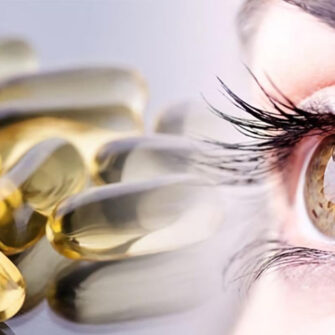
Peptides For Eyesight: Fight Macular Degeneration
Read
How do Ultra Short Peptides from Prof. Khavinson work
Read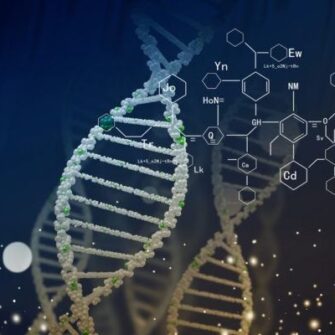
Why are Bioregulators are so Important for your health
Read
The Science behind Nanopep’s High-Quality Short Peptides: Exploring the Benefits for Health
Read
The Innovative World of Peptide-Based Supplements: Uncovering Unique Products and Their Health Benefits
Read

